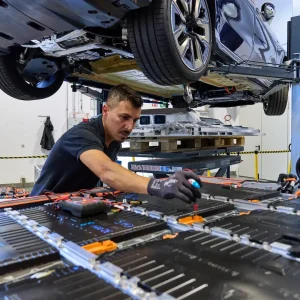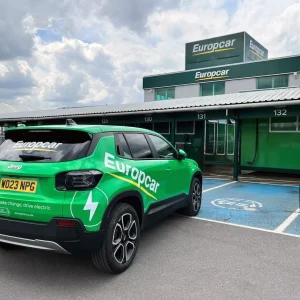While there is a huge amount of debate around which technology will be fuelling our cars in the future I take my hat off to one company that is taking the bull by the horns to make things happen. When it comes to automotive innovation Israel and Denmark might not be the first places that spring to mind but that is exactly where a leading pilot called Project Better Place is happening.
Project Better Place is actually a company that aims to reduce global dependency on oil through the creation of a market-based transportation infrastructure that supports electric vehicles. While in the UK we are busy debating how long it will take to get an adequate infrastructure in place or if a move to electric vehicles will cripple the national grid, they are forging ahead.
The aim is to provide consumers with a cleaner, sustainable, personal transportation alternative with the first Electric Recharge Grids to be built in Israel and Denmark. This means that in the not so distant future these countries look like having a viable electric proposition for their mainstream transport needs.
The two networks are expected to feature around 500,000 charging points at offices and homes, and hundreds of battery swap stations where drivers will be able to swap-in fully charged lithium ion batteries in the same amount of time it takes to fill a petrol tank.
The firm has launched a demonstration version of its swappable-battery electric car, a joint venture with Renault and Nissan, announcing that it is on track to deliver several hundred of the vehicles as part of a pilot scheme.
While current electric cars come in for criticism for lacking many of the practical elements of their petrol and diesel relatives the company believe that because of its swappable batteries the fully electric car will have a range of between 160km and 200km and will go from 0 to 60mph in eight seconds. Not too shabby considering that this will be the first mass produced pure electric vehicle, going on sale in Israel some time in 2011.
Whether this project does provide the answer remains to be seen but it is clear that it will be the market that drives the fuel technologies of the future and Government must restrict itself to generating the conditions to allow commercial innovation to happen. Its great to see a company taking the initiative and irrespective of the project’s success I am sure that the inroads and learnings that they make along the way will have an impact on the shape of things to come.





